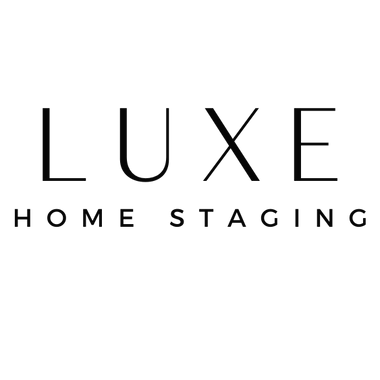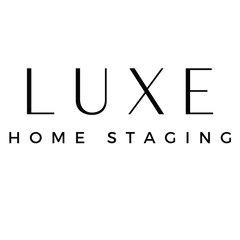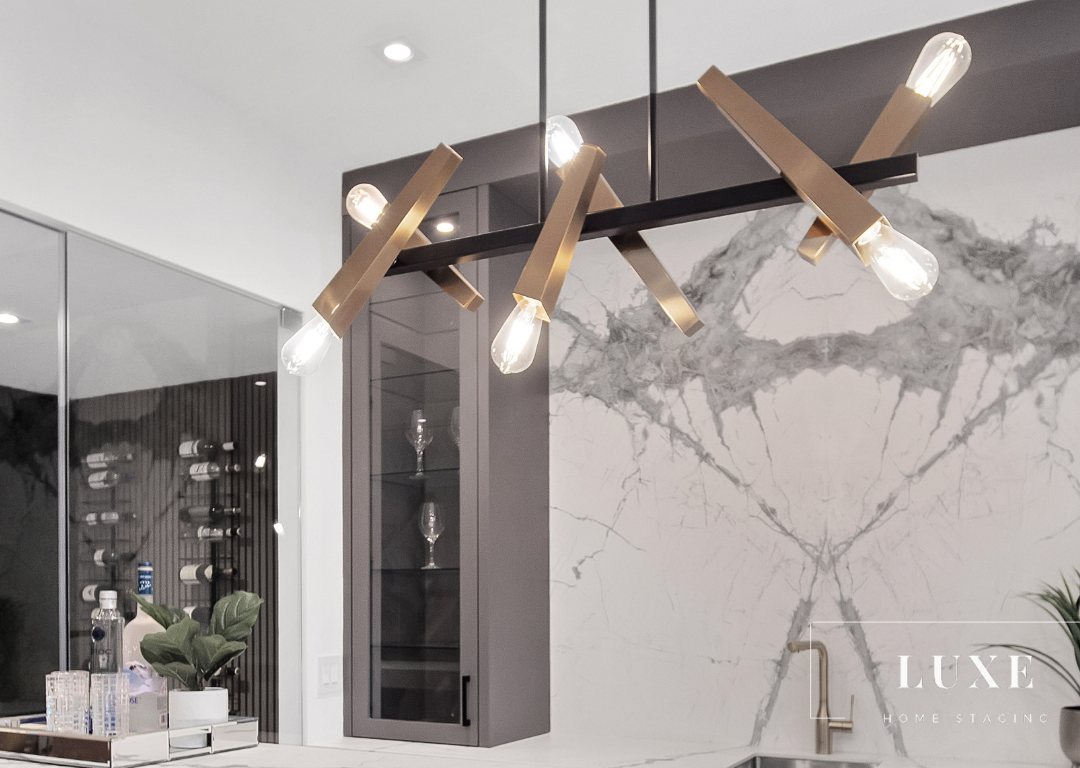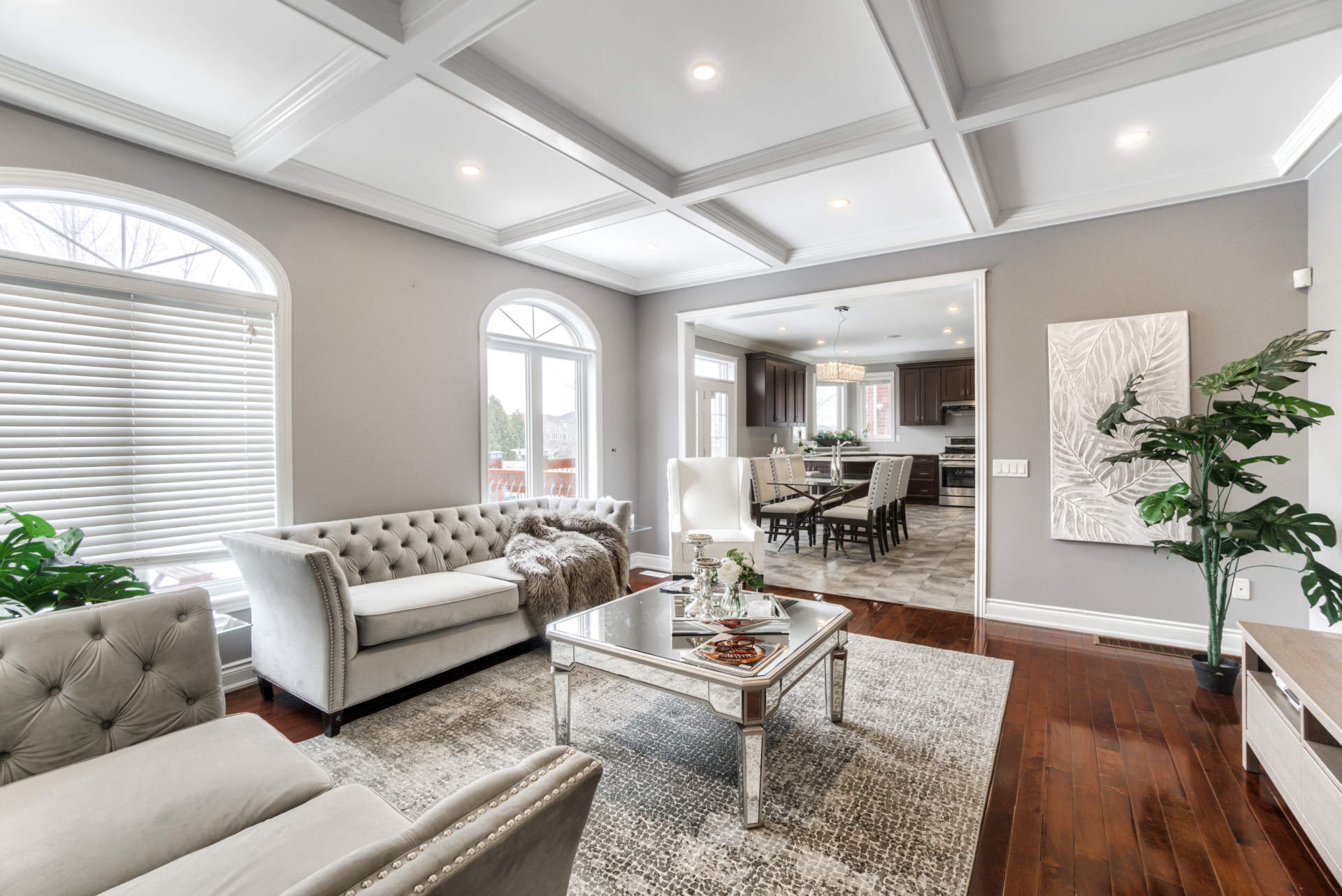Understanding the Return on Investment for Home Staging

In the competitive landscape of real estate, sellers are constantly seeking ways to maximize the value of their properties and expedite the selling process. One strategy that has emerged as a game-changer in the industry is home staging. Beyond mere decoration, home staging involves strategically arranging furnishings, decluttering spaces, and enhancing aesthetics to showcase a property's full potential. While some sellers may hesitate to invest in staging, the undeniable truth is that staging offers a compelling return on investment (ROI) that far outweighs the initial costs. In this article, we'll delve into the reasons why home staging is a lucrative investment for sellers and how it can yield substantial returns in the sale of their properties.
1. Boosts Property Appeal and Attracts Buyers:
The primary goal of home staging is to make a property more visually appealing and desirable to potential buyers. By transforming empty or outdated spaces into welcoming and aspirational environments, staging captivates buyers' attention and entices them to envision themselves living in the home.
Key Points:
- Staged homes stand out in listing photos and virtual tours, attracting more views and inquiries from interested buyers.
- Thoughtfully staged properties create a memorable and positive impression, leading to increased showing requests and a higher likelihood of receiving competitive offers.
- Staging highlights the unique features and selling points of a property, allowing buyers to emotionally connect with the space and envision it as their future home.
2. Accelerates the Selling Process and Minimizes Holding Costs:
Time is of the essence in the world of real estate, and every day a property sits on the market represents potential holding costs and missed opportunities. Staging has been proven to expedite the selling process, reducing time on the market and minimizing the financial burden on sellers.
Key Points:
- Staged homes tend to sell faster than their unstaged counterparts, leading to a quicker turnover and a reduced need for price reductions or concessions.
- Shorter time on the market translates to lower carrying costs, including mortgage payments, property taxes, and maintenance expenses, ultimately maximizing sellers' net proceeds.
- By attracting serious buyers and generating multiple offers, staging can create a competitive bidding environment that drives up the final sale price, further enhancing the ROI for sellers.
3. Maximizes Sale Price and Increases Market Value:
One of the most compelling arguments for home staging is its proven ability to increase the perceived value of a property and command a higher sale price. Investing in staging is an investment in the overall marketability and profitability of the home.
Key Points:
- Staged homes often sell for a premium compared to similar unstaged properties.
- Buyers are willing to pay more for a home that is move-in ready and aesthetically pleasing, leading to higher appraisal values and increased market competitiveness.
- The upfront investment in staging is typically recouped many times over through a higher final sale price, resulting in a substantial ROI for sellers.
Conclusion:
In conclusion, home staging is not just a discretionary expense but a strategic investment that yields tangible returns for sellers. By enhancing property appeal, accelerating the selling process, and maximizing sale price, staging offers a compelling ROI that positions sellers for success in today's competitive real estate market. As sellers weigh their options, it's clear that staging is a savvy investment that pays dividends in the form of a faster sale, a higher sale price, and ultimately, greater financial reward.
1. Boosts Property Appeal and Attracts Buyers:
The primary goal of home staging is to make a property more visually appealing and desirable to potential buyers. By transforming empty or outdated spaces into welcoming and aspirational environments, staging captivates buyers' attention and entices them to envision themselves living in the home.
Key Points:
- Staged homes stand out in listing photos and virtual tours, attracting more views and inquiries from interested buyers.
- Thoughtfully staged properties create a memorable and positive impression, leading to increased showing requests and a higher likelihood of receiving competitive offers.
- Staging highlights the unique features and selling points of a property, allowing buyers to emotionally connect with the space and envision it as their future home.
2. Accelerates the Selling Process and Minimizes Holding Costs:
Time is of the essence in the world of real estate, and every day a property sits on the market represents potential holding costs and missed opportunities. Staging has been proven to expedite the selling process, reducing time on the market and minimizing the financial burden on sellers.
Key Points:
- Staged homes tend to sell faster than their unstaged counterparts, leading to a quicker turnover and a reduced need for price reductions or concessions.
- Shorter time on the market translates to lower carrying costs, including mortgage payments, property taxes, and maintenance expenses, ultimately maximizing sellers' net proceeds.
- By attracting serious buyers and generating multiple offers, staging can create a competitive bidding environment that drives up the final sale price, further enhancing the ROI for sellers.
3. Maximizes Sale Price and Increases Market Value:
One of the most compelling arguments for home staging is its proven ability to increase the perceived value of a property and command a higher sale price. Investing in staging is an investment in the overall marketability and profitability of the home.
Key Points:
- Staged homes often sell for a premium compared to similar unstaged properties.
- Buyers are willing to pay more for a home that is move-in ready and aesthetically pleasing, leading to higher appraisal values and increased market competitiveness.
- The upfront investment in staging is typically recouped many times over through a higher final sale price, resulting in a substantial ROI for sellers.
Conclusion:
In conclusion, home staging is not just a discretionary expense but a strategic investment that yields tangible returns for sellers. By enhancing property appeal, accelerating the selling process, and maximizing sale price, staging offers a compelling ROI that positions sellers for success in today's competitive real estate market. As sellers weigh their options, it's clear that staging is a savvy investment that pays dividends in the form of a faster sale, a higher sale price, and ultimately, greater financial reward.
